
Divinity: Original Sin 2 is an exemplary specimen in the Role-Playing Game (RPG) genre, developed and published by Larian Studios. With a heavy emphasis on turn-based combat and a detailed world-building, the game provides an immersive gaming experience. Its rich narrative and branching storylines hinge on player choices, equipping you with a high degree of agency and control. Not to mention, the game offers a multiplayer mode, which allows you to collaborate with, or compete against your friends. It also features a trait called 'origin system' which determines a character's background story, affecting how they perceive the world and how the world perceives them. With its robust mechanics and systems, this game is a must-play for RPG and fantasy enthusiasts.
Even as you engulf yourself in the world of Divinity: Original Sin 2, there are a plethora of other games, somewhat similar in nature, waiting to be explored. If you find yourself drawn to the role-playing aspects, strategic combat, deep storylines, and interacting with fascinating characters, then you are in luck. There exists an expansive range of RPG games that dig deep into these aspects. Games such as The Witcher 3: Wild Hunt, Dragon Age: Inquisition, and Pillars of Eternity embody everything fantastic about the RPG genre. However, the list of such majestic games doesn't end here...
25. Pillars of Eternity
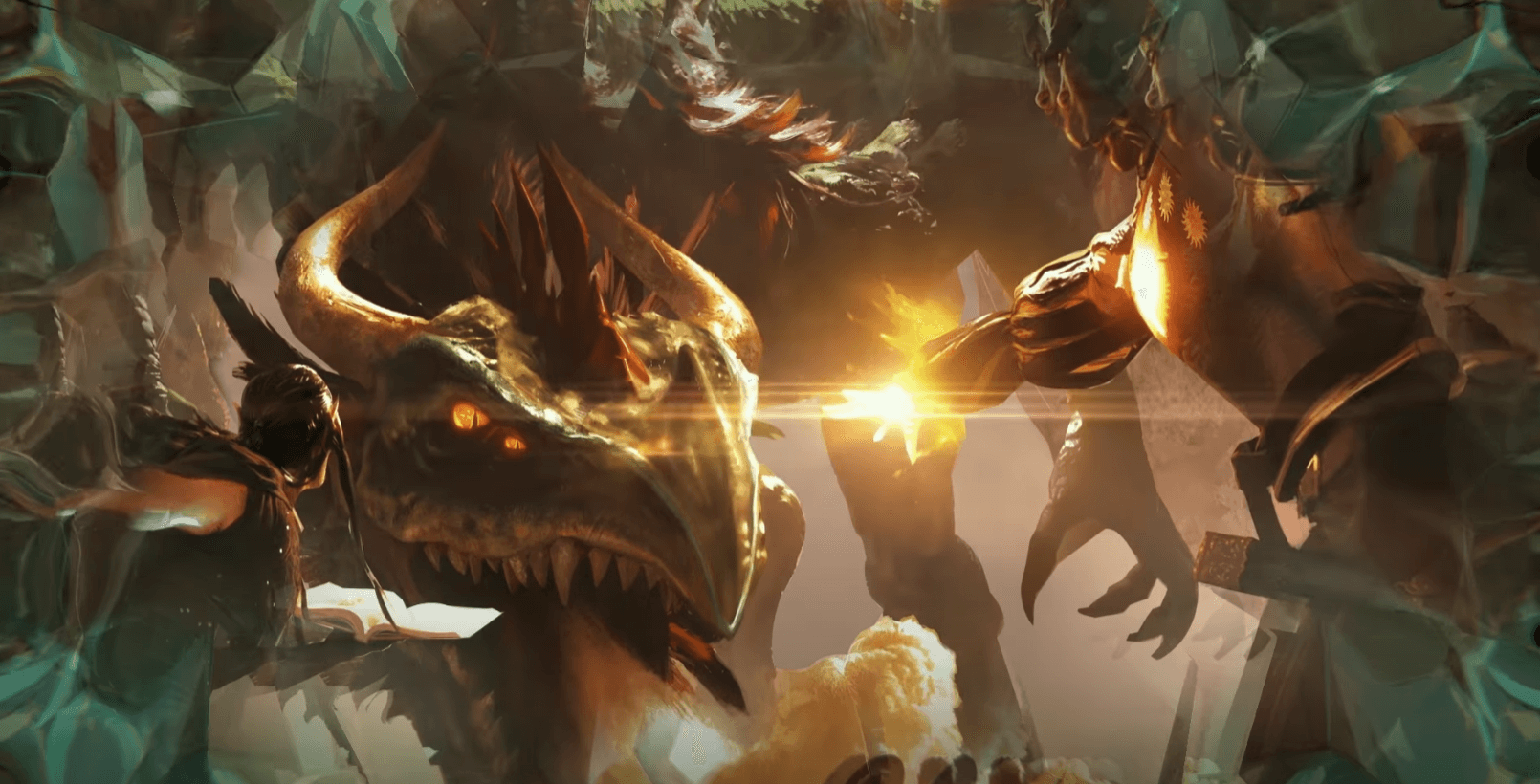
Both Pillars of Eternity and Divinity: Original Sin 2 are regarded as masterpieces of the RPG (Role-playing video game) genre. These games have a similar classic isometric perspective reminiscent of early RPGs, but with modern graphics and game design principles. You'll find a ton of depth to the characters in both, with branching dialogue options that can change your relationship with those characters and even the course of the plot. Just like in Divinity: Original Sin 2, your choices truly matter in Pillars of Eternity which increases its replayability.
Moreover, Pillars of Eternity, like Divinity: Original Sin 2, offers a complex and highly immersive world that encourages exploration and experimentation. You'll encounter rich lore and a lot of text that requires reading, adding to the traditional and old-school RPG feel. The combat systems in both games are nuanced, with Divinity’s turn-based combat offering strategic depth and Pillars of Eternity's real-time with pause adding a unique and equally engaging strategic element. So, if you loved the tactical challenge of Divinity: Original Sin 2, you're likely to enjoy the strategic depth that Pillars of Eternity brings on the table.
Pillars of Eternity is available on PC, PlayStation 4, Xbox One, and Nintendo Switch. It is typically priced around $29.99 USD.
24. Baldur's Gate II
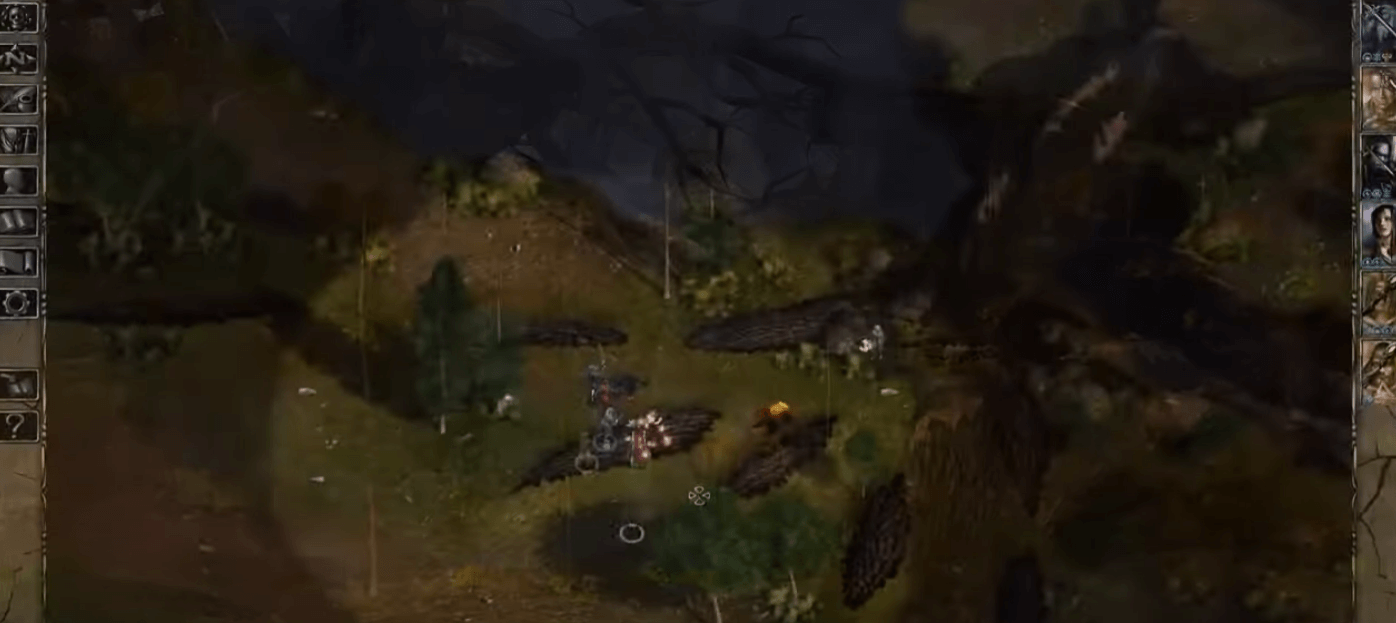
Baldur's Gate II, like Divinity: Original Sin 2, offers a deeply immersive role-playing experience, packed with a rich narrative and backed by a seamless integration of turn-based tactical gameplay. You'll find the engaging character interaction, unique dialogue choices, and intricate quests in Baldur's Gate II similar to the elements that you enjoyed in Divinity. The party-based mechanics and strategic combat scenarios are another shared aspect, requiring calculated decisions on character positions, spell and ability uses for effective team synergy, providing a familiar yet fresh gaming journey.
On top of that, much like Divinity, Baldur's Gate II offers a multitude of choices that significantly alter the storyline, giving you complete autonomy over the course of the game and the fate of its characters. There's real gravitas to the decisions you make, thus deepening the RPG experience. The game world is richly detailed, offering you the chance to explore a wide variety of environments, where your interactions can yield unexpected outcomes. Each playthrough can feel different from the last one, motivating you to experiment with different approaches.
Baldur's Gate II is available on PC, Mac, Linux, Android, and iOS, and it's typically priced around $20 USD.
23. Dragon Age: Origins
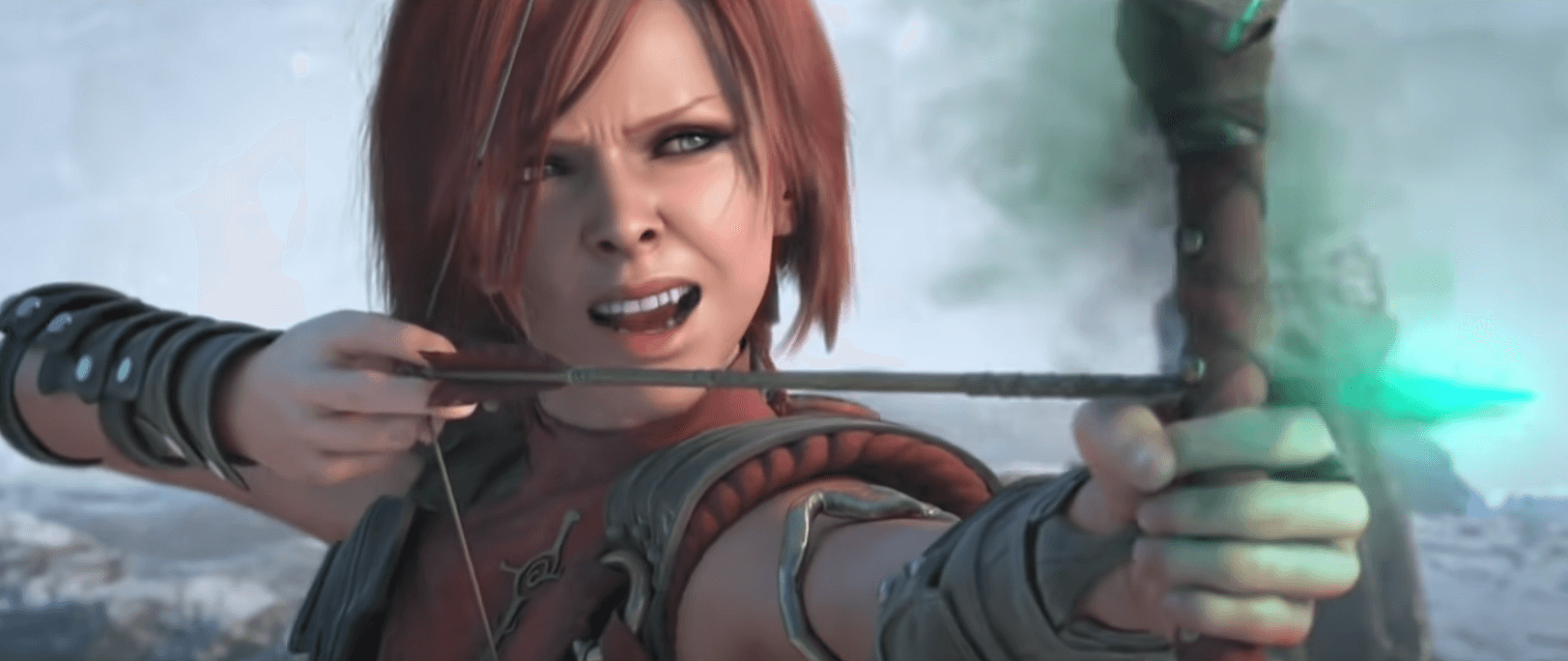
Dragon Age: Origins, much like Divinity: Original Sin 2, offers a deep and immersive role-playing experience tailored to your choices and decisions. Both games offer well-crafted narratives, rich in lore and full of impactful dialogues that can shape the world around you. In Dragon Age: Origins, every choice you make can lead to dramatic consequences, which is a major design principle in Divinity 2 as well. Party management is another shared feature of both these games, where each member brings unique abilities and storylines to the table, greatly impacting combat strategies and further encouraging role-playing.
In terms of gameplay mechanics, Dragon Age: Origins adopts a similar pausable real-time combat system as Divinity: Original Sin 2. It allows for strategic planning and utilization of your party members' skills, where synergies can be found and exploited for maximum effect. Just as in Divinity 2, this strategy element is crucial to victory on more challenging difficulties. Both games also share a love for world-building and lore, presented through a multitude of books, notes, and NPC dialogues. You'll find detailed character backgrounds, epic fantasy environments, and plenty of side quests to dive into.
Dragon Age: Origins is available on PlayStation 3, Xbox 360, and PC, typically priced around $20 USD.
22. Wasteland 2

Wasteland 2 is similar to Divinity: Original Sin 2 in many ways, primarily in providing a rich, strategic, and immersive RPG experience. Both games feature a deep character creation system, allowing you to tailor your team as per your play style. Whether you want a group of snipers or prefer a crew that excels at hand-to-hand combat, the choice is yours. Like in Divinity, the decisions you make have real consequences, affecting the intricate and vast narrative of the game. The storyline of Wasteland 2 is driven by the players' choices, offering a breadth of outcomes and multiple playthrough possibilities, just as Divinity does.
The combat system in Wasteland 2 mirrors the in-depth, turn-based strategy seen in Original Sin 2. With every move and action point counting, the strategic depth calls for careful tactical plays similar to the situations you would have encountered in Divinity. The barren, post-apocalyptic setting of Wasteland 2 provides plenty of challenging environments to strategize in, much like the rich terrain in Divinity. A feature that fans of Original Sin 2 will appreciate is the heavy dialogue emphasis, offering several unique, replayable dialogue options and paths depending on the characters' attributes and perks.
Wasteland 2 is available on PC, PlayStation 4, Xbox One, and Nintendo Switch, typically priced around $30 USD.
21. Planescape: Torment
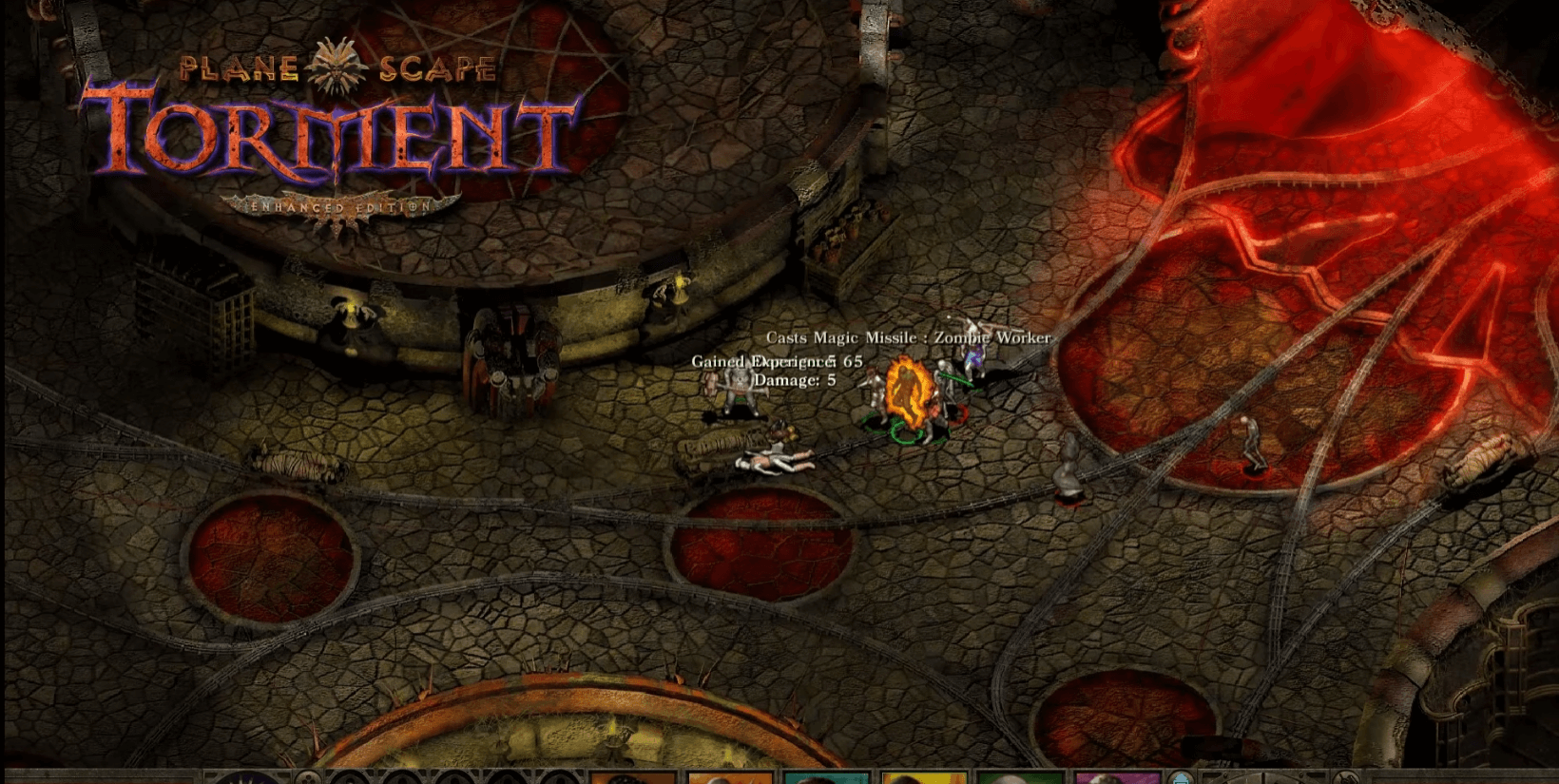
Planescape: Torment shares many key features with Divinity: Original Sin 2, both being gems in the RPG genre. Similar to Divinity, Planescape is known for its rich, immersive world that manages to be both fantastical and peculiar. The game's core strengths are tied to its narrative design, where the plot heavily depends upon the decisions and actions of the player. You loved the depth of Divinity, its complex characters, and vivid descriptions? Planescape: Torment offers that and even more. Its dialogue-focused interactions are deep and engaging, making it an experience that genuinely challenges your decision-making abilities, much like Original Sin 2.
Furthermore, Planescape: Torment and Divinity: Original Sin 2 both provide you with a challenging combat experience. While Divinity's combat offers a modern top-down turn-based system, Planescape brings back the classic real-time with pause combat system, putting a lot of emphasis on strategy. You will be required to make careful consideration of every move you make, lest you end up in an unfavorable position. The freedom in both games to experiment with different combinations, tactics, and skills is something you'd cherish if you loved the fluid, strategic combat of Divinity. The rich lore, detailed world, and complex characters based in well-constructed narrative lines work together, ensuring every playthrough is a brand new experience.
Planescape: Torment is available on platforms like PC (Windows), and mobile platforms like iOS and Android. It is typically priced around $19.99 USD. If you loved the depth and complexity of Divinity, you'd definitely appreciate the unique universe of Planescape: Torment.
20. Neverwinter Nights 2
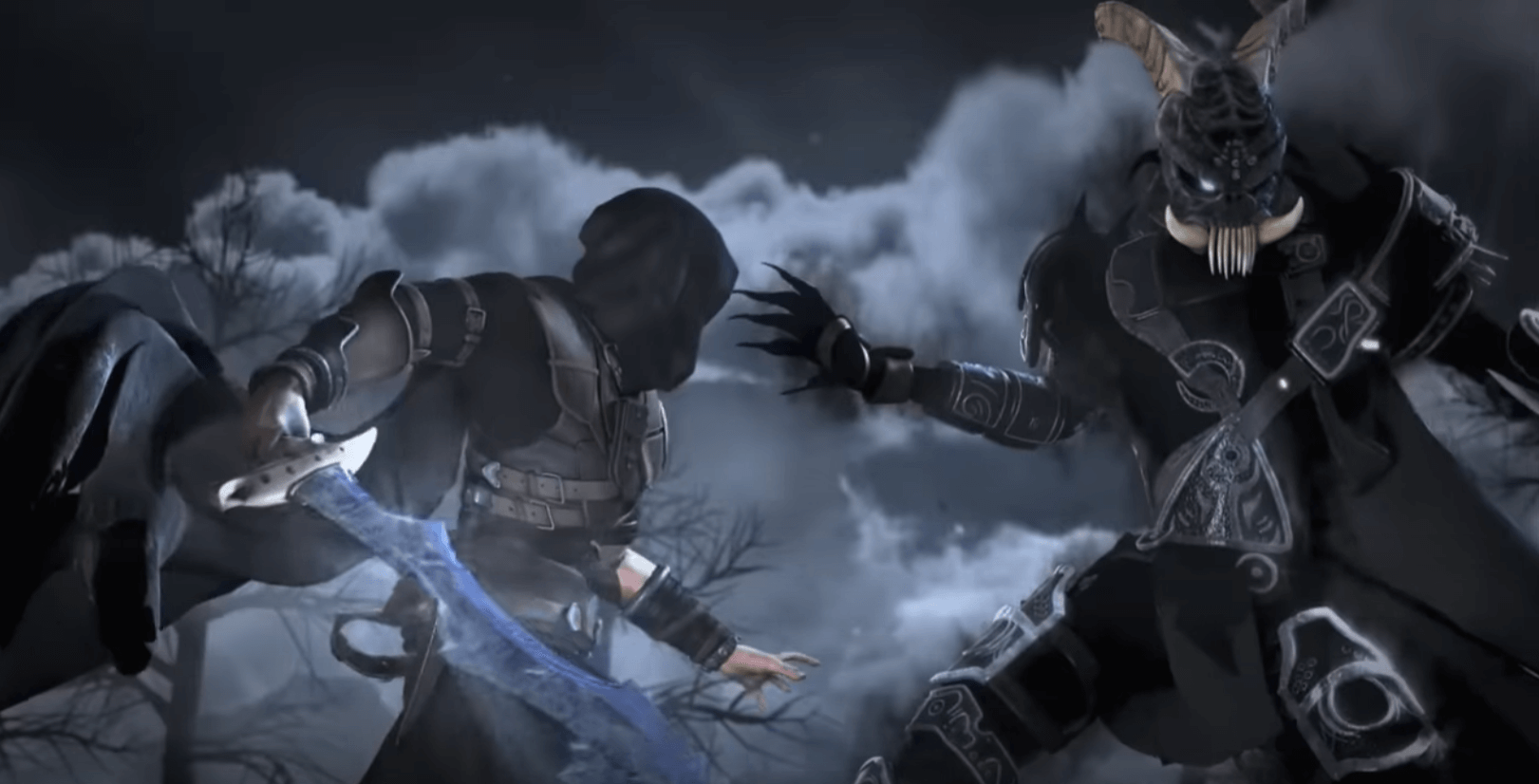
If you've enjoyed the immersive world, intricate plotlines, and comprehensive character development of Divinity: Original Sin 2, I think you'll find many of the same qualities present in Neverwinter Nights 2. This role-playing game from Obsidian Entertainment is set within the Dungeons & Dragons’ Forgotten Realms universe, and like Divinity, it emphasizes player choice and agency in an engaging, complex storyline. The game's richly detailed world is full of secrets, quests, and diverse companions - much like the environment of Rivellon. Of course, being a D&D-based game, tactical combat is a crucial part of the gameplay much like Divinity, and it's known for multiple ways to solve quests and impact the world around you.
Moreover, Neverwinter Nights 2 allows for a deep character customization - a feature you might have found compelling in Divinity. You have the opportunity to choose different races, classes, and abilities for your character. Additionally, the game includes an alignment system that provides moral choices and leads to real consequences, affecting character development and interaction with other characters and the world, thus affecting the overall storytelling – something Divinity: Original Sin 2 shined with too. And if you're a fan of Divinity's cooperative gameplay, Neverwinter Nights 2 includes multiplayer modes allowing you to play along with your friends or even share your own user-created campaign with the community.
Neverwinter Nights 2 is available on PC platforms, typically priced around $20 USD.
19. Icewind Dale
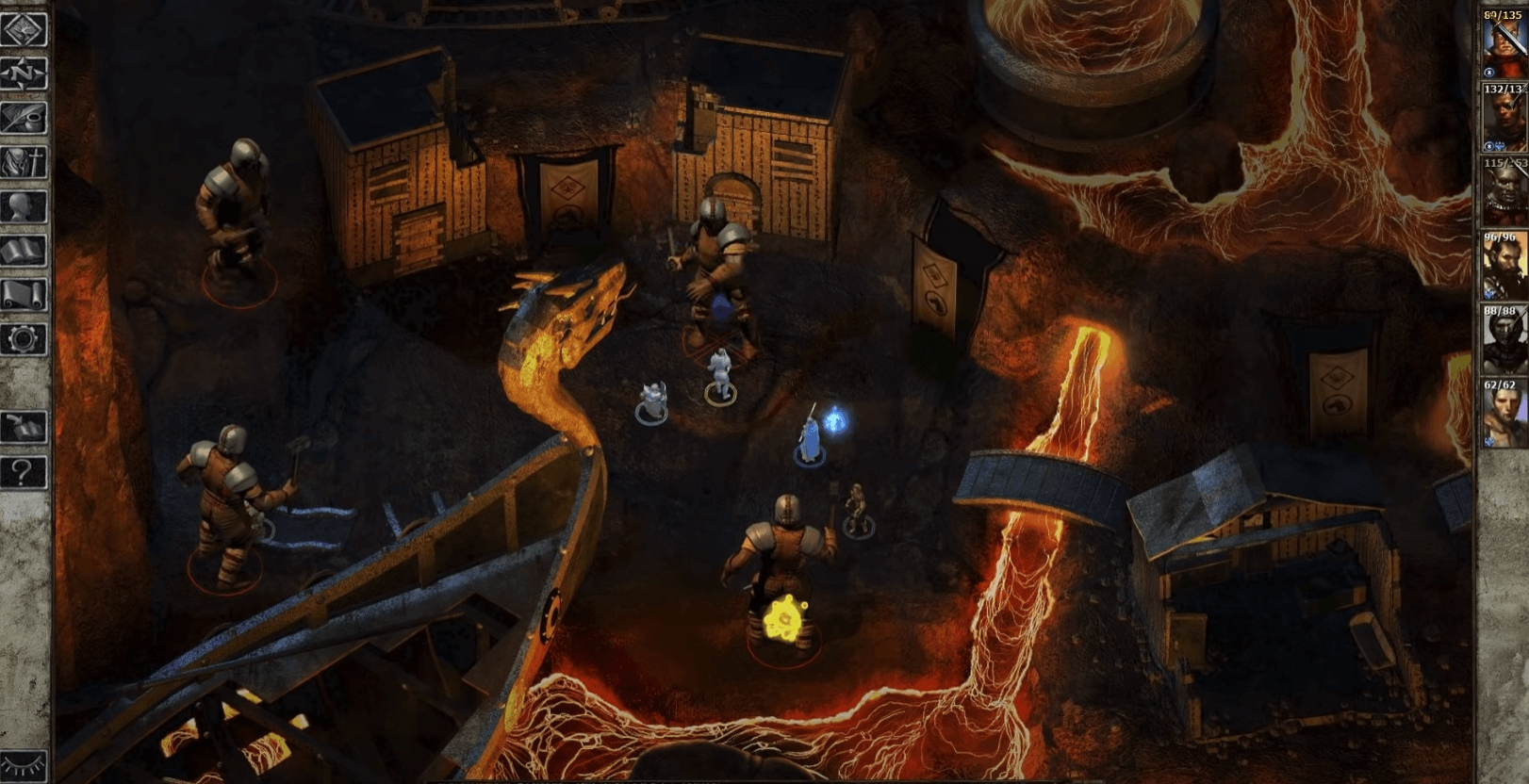
Icewind Dale is remarkably similar to Divinity: Original Sin 2 in many aspects. Enthralling narrative storytelling, turn-based strategy combat, and a deep, immersive fantasy world are just a few of the key features that will appeal to any fan of Divinity. Just like in Divinity, you're free to build your own team of adventurers from the ground up, giving you control over their races, classes, and skills. It allows for an incredible diversity of playstyles, and finding the perfect synergy between your designed characters is a rewarding puzzle, reminiscent of optimizing your party composition in Divinity.
Choices matter in Icewind Dale, mirroring the significant narrative impacts of your decisions in Divinity: Original Sin 2. Each dialogue choice you make, every action you take, can have an impact on the story and on the world around you, keeping you on your toes and fully invested in the narrative. Being an older game, Icewind Dale’s graphics can't compete with those of Divinity, but its detailed and atmospheric artwork still manages to depict a fully realized fantasy world that is every bit as immersive and engaging. Plus, if you were a fan of Divinity's challenging combat, Icewind Dale will not disappoint - it takes a deeply strategic approach to combat that will give your tactical skills a good workout.
Icewind Dale is available on PC, Mac, and Linux, typically priced around $20 USD.
18. Pathfinder: Kingmaker
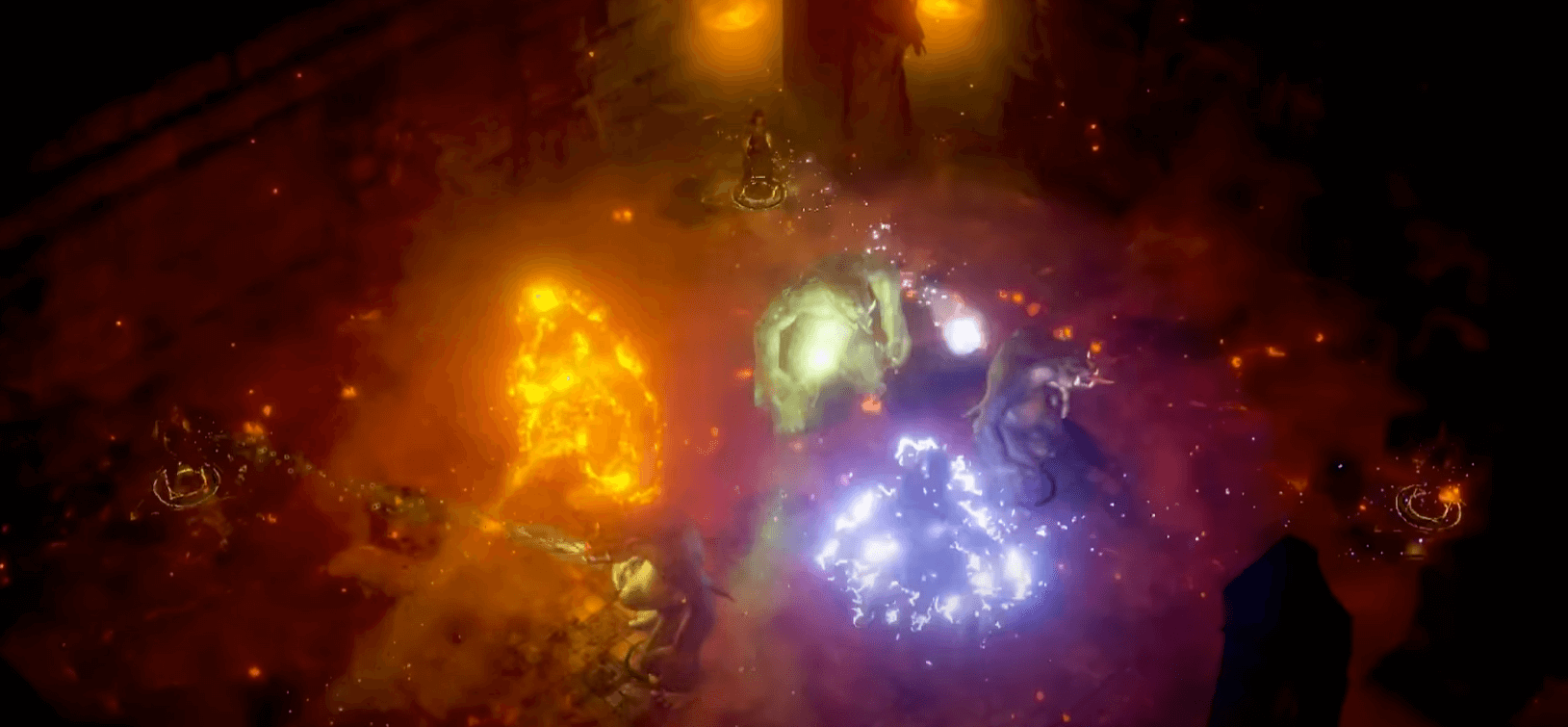
Just like Divinity: Original Sin 2, Pathfinder: Kingmaker is another fantastic isometric, party-based role-playing game that offers a deep and immersive narrative experience. Its turn-based approach to combat gives it an edge, offering you a strategic mindset where every action counts, much like in Original Sin 2. Both games also give you the freedom to build and customize characters in numerous ways, tailoring them to your distinct play style, which is another great parallel between them.
Beyond that, the games have a similar level of complex, detailed world-building. In Pathfinder: Kingmaker, just like with Original Sin 2, as you progress you develop not only your party but also your own kingdom. This provides an interesting layer of strategic management to the narrative experience. Additionally, both games lean heavily into choices and consequences, turning decisions into major game-shaping opportunities. This will surely draw in fans of Original Sin 2 as it engages you in a dynamic, reactive world where your choices matter.
Pathfinder: Kingmaker is available on PlayStation 4, Xbox One, and PC, typically priced around $40 USD.
17. Tyranny
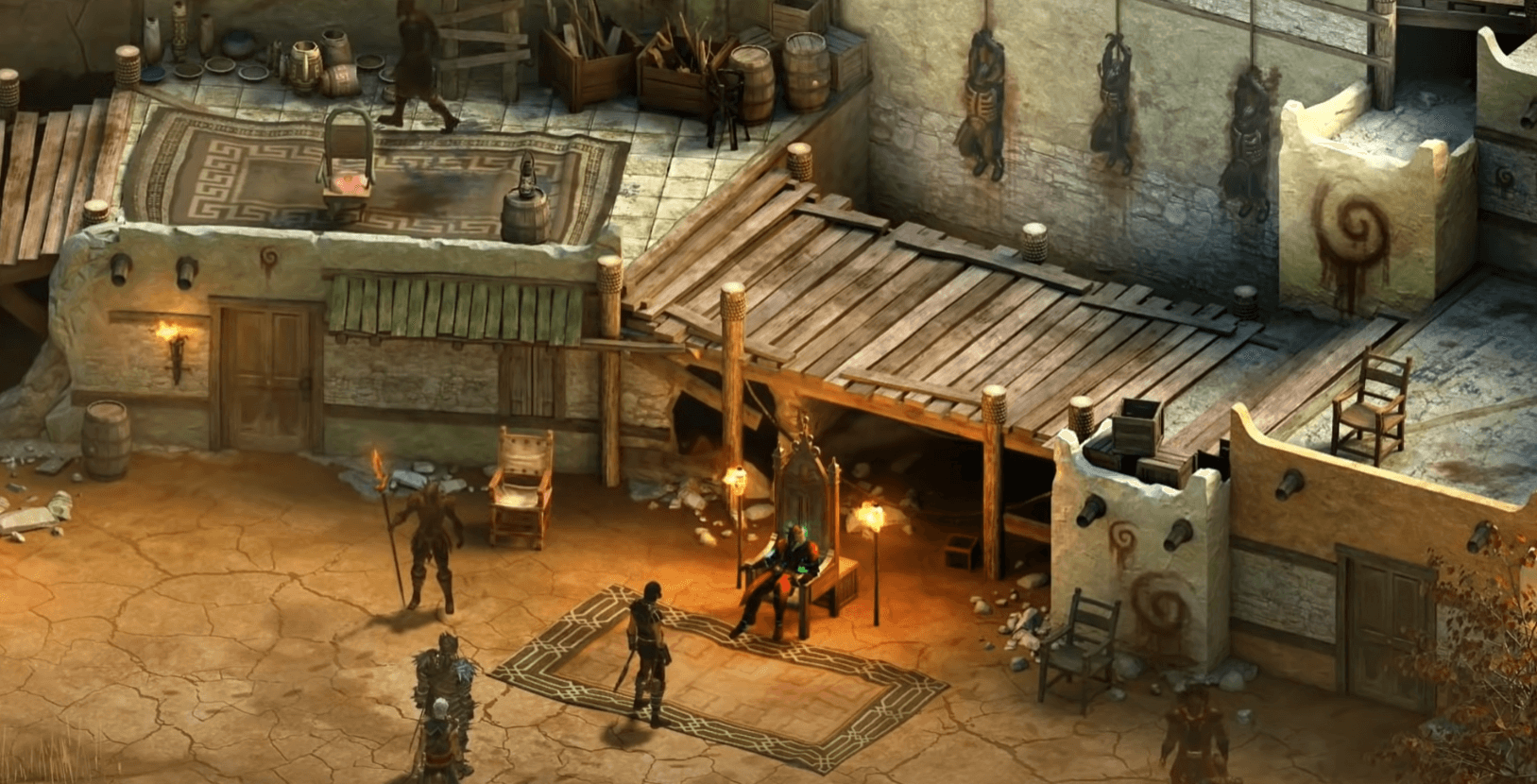
If you loved Divinity: Original Sin 2, I think you'll find Tyranny to be an exciting and worthwhile experience. Both games share a significant amount of similarities starting with the base genre - an isometric CRPG with a rich storyline and deep character customization. They also share a meticulously designed world with lots of areas to explore and characters to interact with, not to mention a highly strategic turn-based combat system which allows you to truly plan and execute your strategies. In addition, the two games also provide a highly interactive environment where your actions and choices significantly impact the storyline, leading to different outcomes, which adds a substantial amount of replayability.
What makes Tyranny especially interesting, just like Divinity: Original Sin 2, is the moral complexity of the game. You're not just a regular hero on a mission, but an enforcer of a despotic overlord, which puts you in a lot of morally grey situations. This is portrayed perfectly in the very nuanced and often complex dialogue options you get. You'll encounter similar layers of dialogues in Divinity: Original Sin 2 as well. The choice-driven narrative, complex characters, and the rich lore are things that'll remind you a lot of Divinity: Original Sin 2 and keep you engaged.
Tyranny is available on Steam, GOG, and the Epic Games Store, typically priced around $29.99 USD.
16. Torment: Tides of Numenera
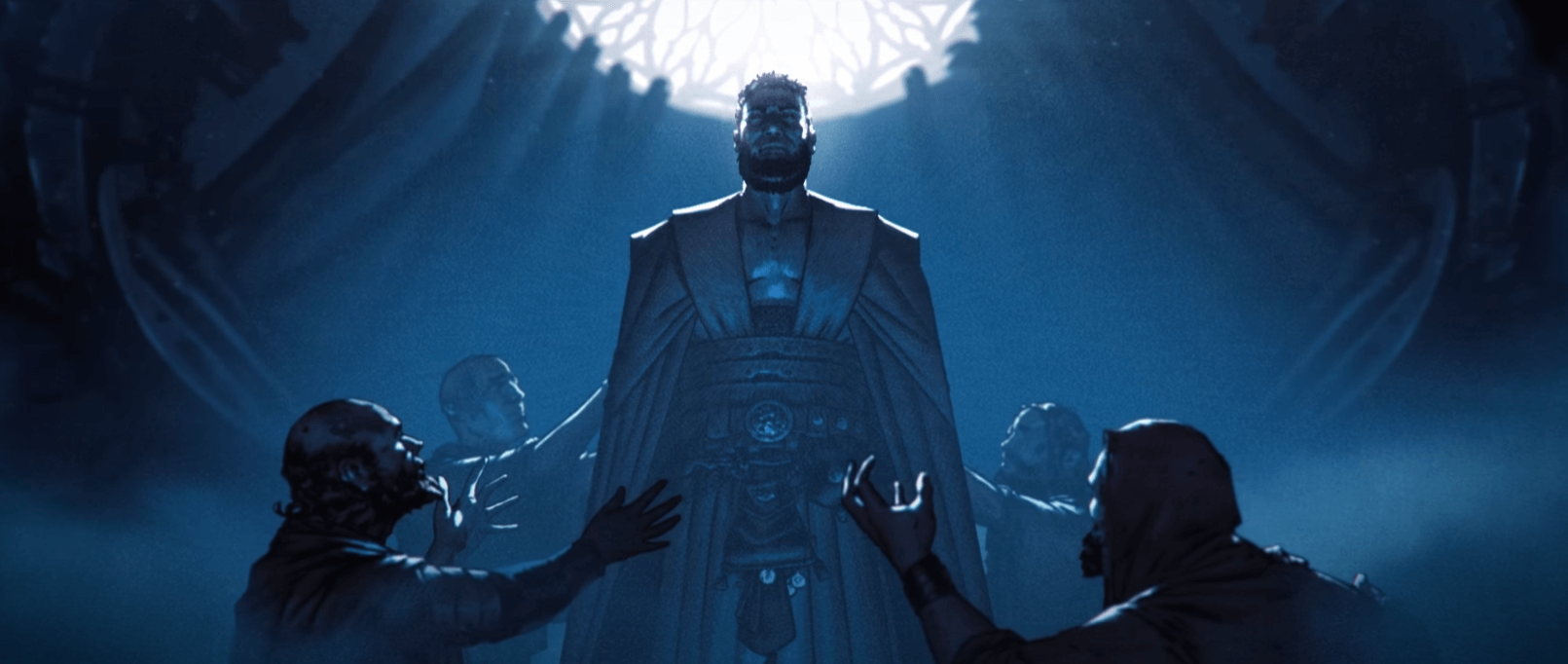
One of the first similarities you will notice between Torment: Tides of Numenera and Divinity: Original Sin 2 is the strongly emphasised narrative, with its single-player focused role-playing elements. Just as in Divinity, in Torment the decisions you make have a real, palpable impact on the game world. This aspect of the story will really appeal to you as a Divinity fan, since it invites you to make meaningful choices that shape both your character and the world around you. Similarly, the dialogue is deep and interactive in both games, allowing for a variety of responses that tie into your character's traits and backstory.
Another important commonality between the two games is the strategic, turn-based combat. If you enjoyed Divinity: Original Sin 2's depth-full and strategic combat system, you are in for a treat with Torment: Tides of Numenera. The combat system here also relies heavily on employing tactics to outsmart your enemy. Plus, there's the flexibility of handling encounters in multiple ways, via dialogue or stealth, again reflecting Divinity's versatility. It's not just about swinging your sword but it's more about how you approach a situation which adds a creative aspect to the gameplay.
Torment: Tides of Numenera is available on PlayStation 4, Xbox One, and PC, typically priced around $40 USD.
15. Disco Elysium

Disco Elysium holds a common thread with Divinity: Original Sin 2 in terms of intense character development and rich storytelling. Much like Divinity, every decision you make in Disco Elysium has impactful consequences, and every interaction serves to shape your character's personality and abilities. In Disco Elysium, you play as a troubled detective with a complex past, and the game gives you the freedom to shape his future. There's an extensive skill system akin to the one in Divinity: Original Sin 2, which dictates your abilities in dialogue and exploration, adding layers of depth to your gameplay options.
Both games deliver their narrative through engaging dialogue exchanges and environmental storytelling. The writing in Disco Elysium is witty, dark and deeply compelling, much like Divinity: Original Sin 2. If you enjoyed the strategic battles of Divinity, note that Disco Elysium uses a unique dialogue-based combat system instead of traditional turn-based combat. This approach puts a strong emphasis on your character skills and choices, adding an element of strategy in conversation, making each dialogue intriguing and captivating.
Disco Elysium is available on PlayStation 4, PlayStation 5, Xbox One, Xbox Series X and S, Nintendo Switch and PC, typically priced around $40 USD.
14. The Witcher 3: Wild Hunt

Certainly! If you enjoyed Divinity: Original Sin 2, you'd probably find The Witcher 3: Wild Hunt to be a thrilling experience as well. Both games share a richly detailed, immersive fantasy world that is steeped in European folklore. In The Witcher 3, just like in Divinity: Original Sin 2, you'd find a complex narrative with a multitude of branching paths. The game presents challenging moral decisions that shape the narrative based on your choices, creating a unique story experience just as Divinity does. Additionally, both games offer a mature tone and complex characters that would appeal to fans of adult fantasy genres.
From a gameplay perspective, The Witcher 3, similar to Divinity: Original Sin 2, is also an RPG with a strong focus on player choice in both character development and combat strategies. Yet, while Divinity leans more towards turn-based combat, The Witcher 3 offers real-time combat, which is both strategic and dynamic. It also uses a combination of sword fighting and magic, giving you many ways to approach battles. However, if it’s the tactical nature of combat that drew you to Divinity, you’ll be pleased to know that The Witcher 3 also places a heavy emphasis on preparation and utilizing the right tools and tactics to overcome challenges. The game’s quests, monster hunts and exploration showcase a deep level of strategic thought, just like in Divinity.
The Witcher 3: Wild Hunt is available on PS4, Xbox One, and PC, typically priced around $40 USD.
13. The Bard's Tale IV
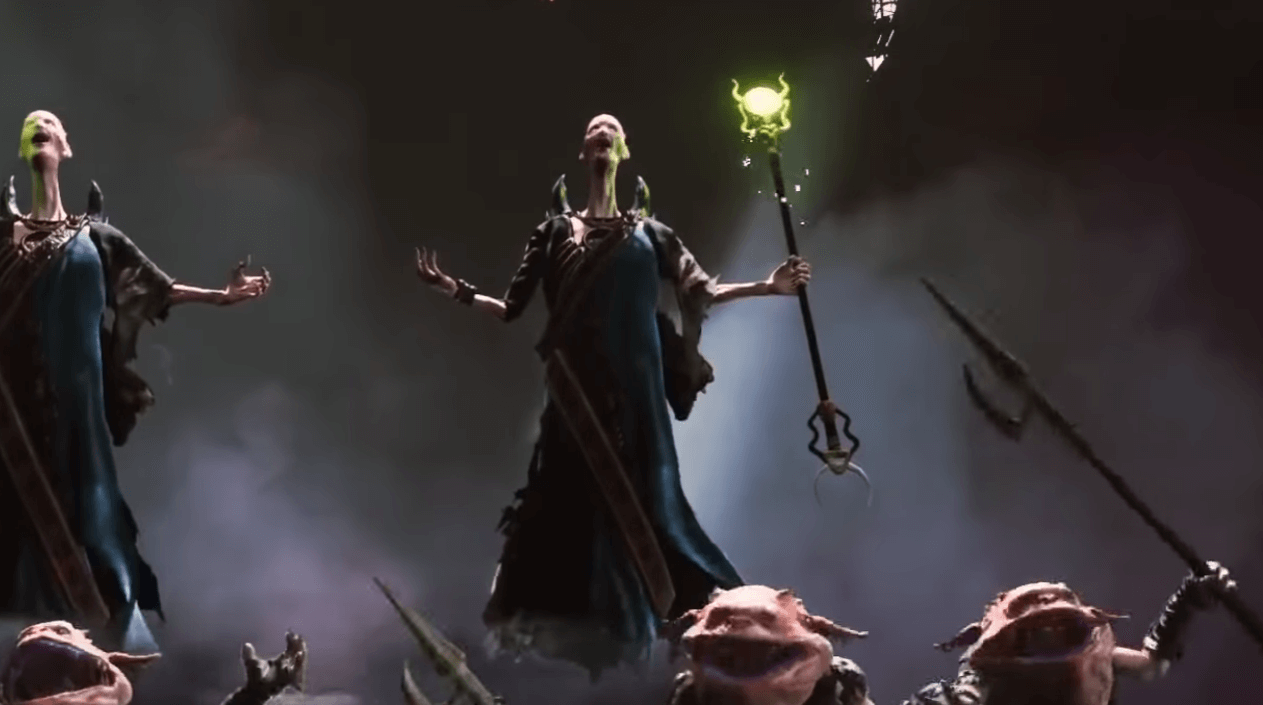
If you're a fan of the intricate turn-based combat and sprawling narrative in Divinity: Original Sin 2, then you'll definitely love The Bard's Tale IV. Like Divinity, The Bard's Tale IV also brings a heavy focus on combat strategy and party dynamics. The game's combat system is versatile and innovative, allowing you to plan your moves strategically on a grid-based field very similar to how you would approach combat situations in Divinity, providing ample opportunities to strategize. But what's more, The Bard's Tale IV offers compelling dungeon-crawling experiences with an array of complex puzzles to keep you engaged and challenged, replicating the exploration and problem-solving of Divinity.
The Bard's Tale IV also captures a rich and immersive world setting that matches the depth of Divinity: Original Sin 2's captivating fantasy world. The game introduces you to the world of Caith, a setting filled with deep lore and packed with side-quests, a factor that Original Sin 2 players would be familiar with. Much like Divinity's complex and deep character interaction system, The Bard's Tale has an impressive dialogue and interaction system that gives importance to different party dynamics, where player decisions significantly impact the narrative. All these common elements make The Bard's Tale IV an exciting title for anyone seeking a game similar to Divinity: Original Sin 2.
The Bard's Tale IV is available on PC, PS4, and Xbox One, typically priced around $35 USD.
12. Fallout: New Vegas
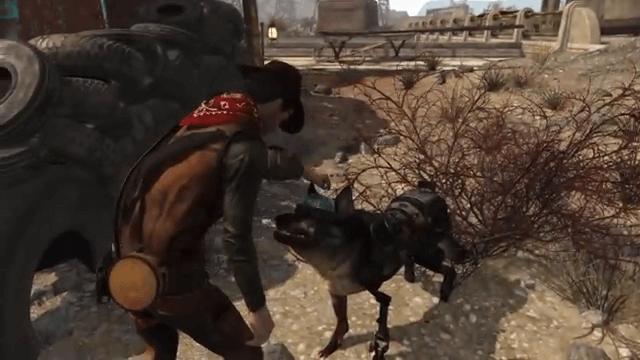
Both Fallout: New Vegas and Divinity: Original Sin 2 are rich in their narrative design, player agency, and elaborate worldbuilding. They both present open-world environments that allow you to freely explore and interact with your surroundings. With Fallout: New Vegas, you're navigating the harsh wastelands of the post-apocalyptic Mojave Desert, while in Divinity: Original Sin 2 you traverse through Rivellon's magical world. Both games offer a vivid setting full of in-depth lore, dynamic NPCs and immersive storylines that are shaped based on your decisions.
The role-playing elements in both games are another major likeness that you'd enjoy. Fallout: New Vegas and Divinity: Original Sin 2 share the common trait of featuring adaptable player-controlled characters with numerous skills, abilities and traits that can be tweaked to fit your playstyle. The choices made by the player play a huge role in these games, affecting not only the path your character takes but also influencing the overall story. The conversation choices, companions system and multiple quests possibilities are similar in both games, creating unique narrative arcs that make each playthrough unique.
Fallout: New Vegas is available on PS3, Xbox 360, and PC, typically priced around $10 USD.
11. Dragon Age: Inquisition

Dragon Age: Inquisition, much like Divinity: Original Sin 2, puts a huge emphasis on story and character development. Both games have an incredibly in-depth plot that is influenced by your choices throughout the game. You'll especially enjoy the fact that the dialogue options available to you in Dragon Age: Inquisition feels weighty and significant, much like your experience with Divinity: Original Sin 2. You will also see party and character interactions that rely heavily on the decisions you make, affecting the relationship dynamics among your group, culminating in a rich narrative that's akin to the one you loved in Divinity.
Strategically just as enticing, Dragon Age: Inquisition shares this crucial gameplay element with Divinity: Original Sin 2. Its combat system encourages tactical thinking, allowing you to pause the game and issue specific actions to your party, just like in Divinity. The extensive skill tree systems in both games let you tailor your team to your preferred playing style. And building on the theme of exploration, Dragon Age: Inquisition features vast, detailed open-world environments you can lose yourself in, packed with hidden treasures, side quests and intriguing lore - again a familiar and enjoyable aspect you've experienced in Divinity.
Dragon Age: Inquisition is available on PlayStation 4, Xbox One, and PC, typically priced around $20 USD.
10. Mass Effect 2

Mass Effect 2 and Divinity: Original Sin 2 both excel in the realm of character customization and development. These games let you shape your character over the course of the storyline, giving you control of every dialogue choice and decision, ultimately affecting the trajectory of the plot. Through the conversation wheel in Mass Effect 2, Bioware has effectively ensured role-playing integral to its gameplay, a familiar feature to any player who has enjoyed Divinity's in-depth dialogue and decision making system.
Another striking resemblance between these two highly acclaimed games is in their intricate, well-developed narrative and choice-driven gameplay. The rich storylines and immersive worlds of both games present players with complex moral choices that shape the game world and its characters. Ever noticed how your decisions in Divinity: Original Sin 2 affect the world around you? It's the same in Mass Effect 2! Additionally, they both feature a compelling blend of combat and puzzle-solving elements, creating a balanced gameplay that never feels monotonous or tedious.
Mass Effect 2 is available on PlayStation 3, Xbox 360, and Windows PC, typically priced around $20 USD.
9. The Elder Scrolls V: Skyrim

One key component where both The Elder Scrolls V: Skyrim and Divinity: Original Sin 2 align is their intricate and immersive storyline. Both games have a beautifully crafted saga that gradually unfolds as you delve deeper into the game. They also give substantial emphasis on player choice, making each decision consequential. The complexity and fairness of their role-playing mechanisms ensure a unique experience tailored to your preferences, and with it, each playthrough becomes a personalized adventure.
The open-world concept of Skyrim is akin to the explorable and interactive environment of Divinity. Exploration is richly rewarded in both titles, be it through hidden treasures, experience points, secret quests, or revealing lore. Combat is deeply satisfying in both games, intelligently layered, and it leans heavily on strategy requiring careful premeditation of your moves. Furthermore, both games have richly-detailed fantasy worlds, compelling characters, and fantastic voice acting to bolster their engrossing narratives.
The Elder Scrolls V: Skyrim is available on PC, PlayStation 4, Xbox One, Nintendo Switch and PlayStation VR, typically priced around $40 USD.
8. Dark Souls III

Dark Souls III and Divinity: Original Sin 2 share many similarities in terms of their expansive and intricate world design. Both games boast immersive, rich, and highly detailed environments that are teeming with life and filled with opportunities for exploration. Dark Souls provides plenty of backstories and lore in the form of item descriptions and NPC dialogues, which is something Divinity: Original Sin 2 players would appreciate. Additionally, both games feature epic boss fights, varied enemy types, and a multitude of secrets to uncover. These elements make playing either of these games a consistently engaging and rewarding experience.
One thing that both Dark Souls III and Divinity: Original Sin 2 do exceptionally well is their strategic and tactical combat systems. Their combat systems can be punishingly difficult but provide a rewarding sense of achievement once you've figured out how to beat your foes. Much like Divinity: Original Sin 2, Dark Souls III requires careful thought, planning, and execution to succeed in combat. Deciding when to attack, when to defend, when to dodge, and when to heal are crucial elements of strategy in both games. Additionally, both games offer a great range of customization options, facilitating gameplay that caters to an individual's preferred playstyle. The diverse range of weapons, armour, magic and skills available to players in both games allow for a highly personalized gaming experience.
Dark Souls III is available on PlayStation 4, Xbox One, and PC, typically priced around $59.99 USD.
7. Grim Dawn
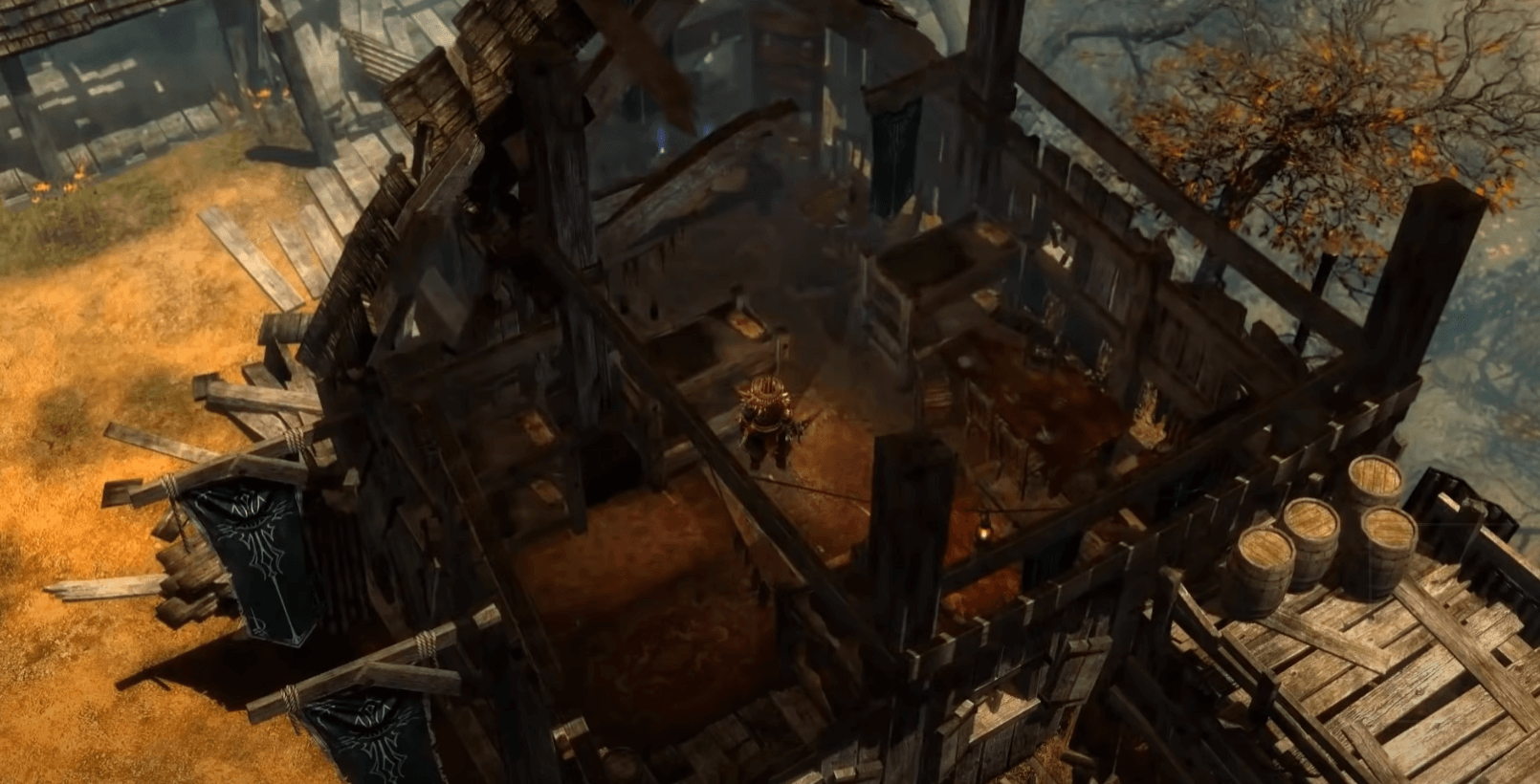
The first similarity between Grim Dawn and Divinity: Original Sin 2 is the broad and interactive gaming world. Both of these games are renowned for their complex, immersive worlds brimming with diverse environments, quests, and enemies. You'll find yourself journeying through thought-provoking landscapes teeming with intricate stories waiting to be discovered, much like you would in Original Sin 2.
Moreover, both games provide an intense and deeply customizable character development system. You have the freedom to craft your characters according to your personal gaming style, whether you prefer fighting from a distance or being upfront in combat. Grim Dawn's dual class system offers an array of choices, allowing you to combine any of its six different 'Masteries,' each with their own unique skills and bonuses, somewhat mirroring Original Sin 2's flexible and player-friendly mannequin system. This makes for an incredibly personalized gaming experience that remains engaging and challenging every step of the way.
Grim Dawn is available on PC platforms, typically priced around $25 USD.
6. Balrum
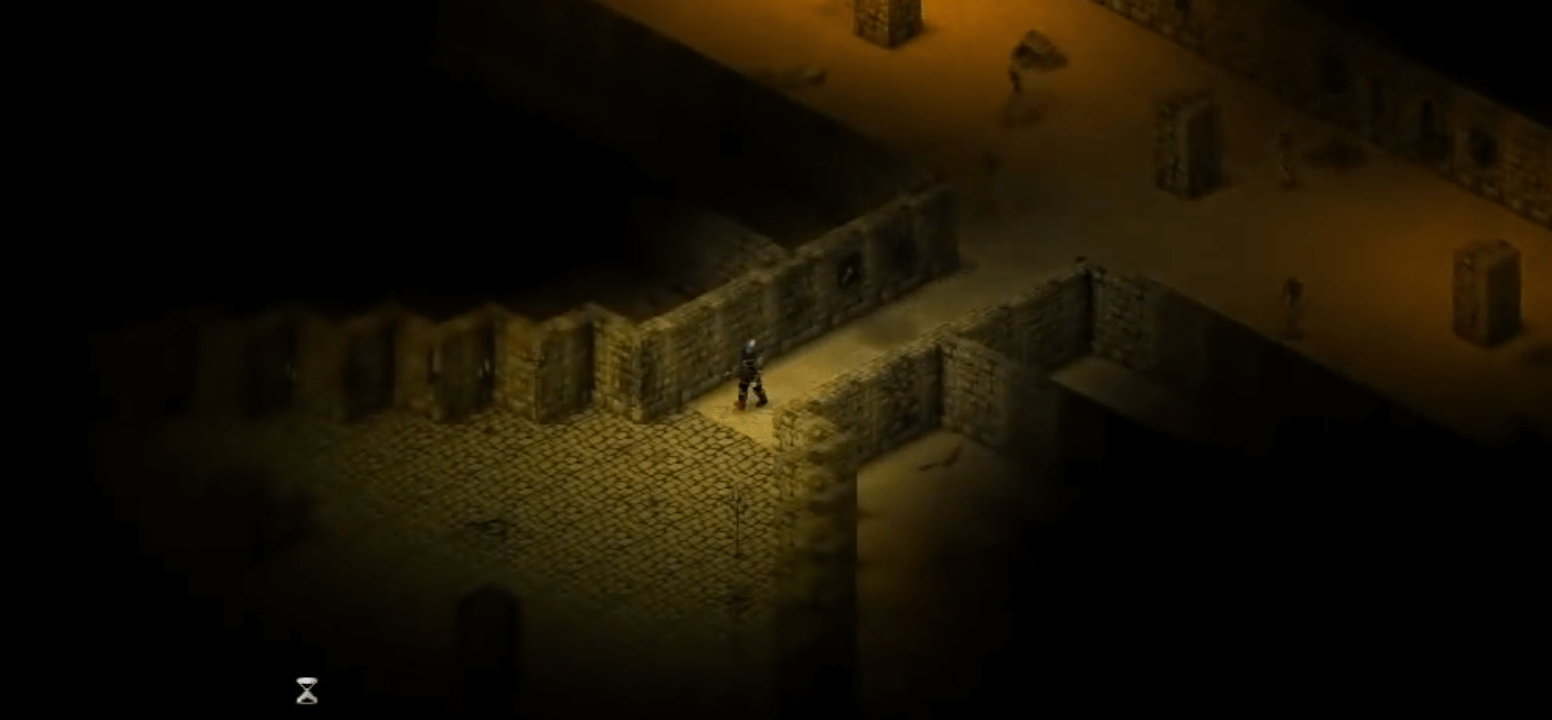
Great news, since you've enjoyed Divinity: Original Sin 2! It appears Balrum is just up your alley. Like Divinity, Balrum is a role-playing game with turn-based combat and a rich storyline. Its world is an open sandbox where you can unleash your creativity, strategy, and exploration spirit, much like Original Sin 2. Just as you took pleasure in developing and personalizing your avatar in Divinity, you'll relish the same in Balrum. Character development is a priority here too, with an intricate skill system that permits you to fine-tune your character to resemble the hero within your imagination.
There's also the aspect of choice and consequence, a Balrum and Divinity shared trait. Every decision counts; and just like Divinity: Original Sin 2, these decisions lead to different story paths, character interactions, and game endings in Balrum. The non-linear narrative style means you're not tied down to a singular route and can explore initially unanticipated avenues in the storyline. The game also has a delightful blend of survival elements, such as crafting and building, akin to the crafting mechanics you have come to love in Divinity.
Balrum is available on Mac, Windows, and Linux mostly priced at $14.99 USD. Fans of Divinity: Original Sin 2 will find it's well worth the investment for another epic journey in a richly detailed world.
5. Gothic 3

If you loved Divinity: Original Sin 2 for its richly detailed world, strategic combat system, and immersive story-lines, then Gothic 3 is definitely a game worth considering. Similar to Divinity: Original Sin 2, Gothic 3 is a role-playing game where you get to create your own character and embark on an epic journey, exploring a vast, open-world territory riddled with quests and characters that react intelligently based on your decisions. All the actions you take and choices you make have significant impacts on the world around you, just like in Divinity, offering you a truly lifelike gaming experience.
Gothic 3 and Divinity: Original Sin 2 both uphold a high standard of player freedom and choice. In Gothic 3, combat is as strategic as Divinity with a rich variety of spells, abilities, and weapons at your disposal. Not to mention, Gothic 3 shares Divinity's commitment to non-linear quest design. Rather than being given a strictly prescribed path, you are empowered to forge your own way, resulting in unique gameplay experiences that are as unpredictable as they are engrossing. If intricate world-building, strategic combat, and compelling, choice-driven narratives are your thing, Gothic 3 might just be your next must-play game.
Gothic 3 is available on Windows PC, typically priced around $20 USD.
4. Mount & Blade II: Bannerlord
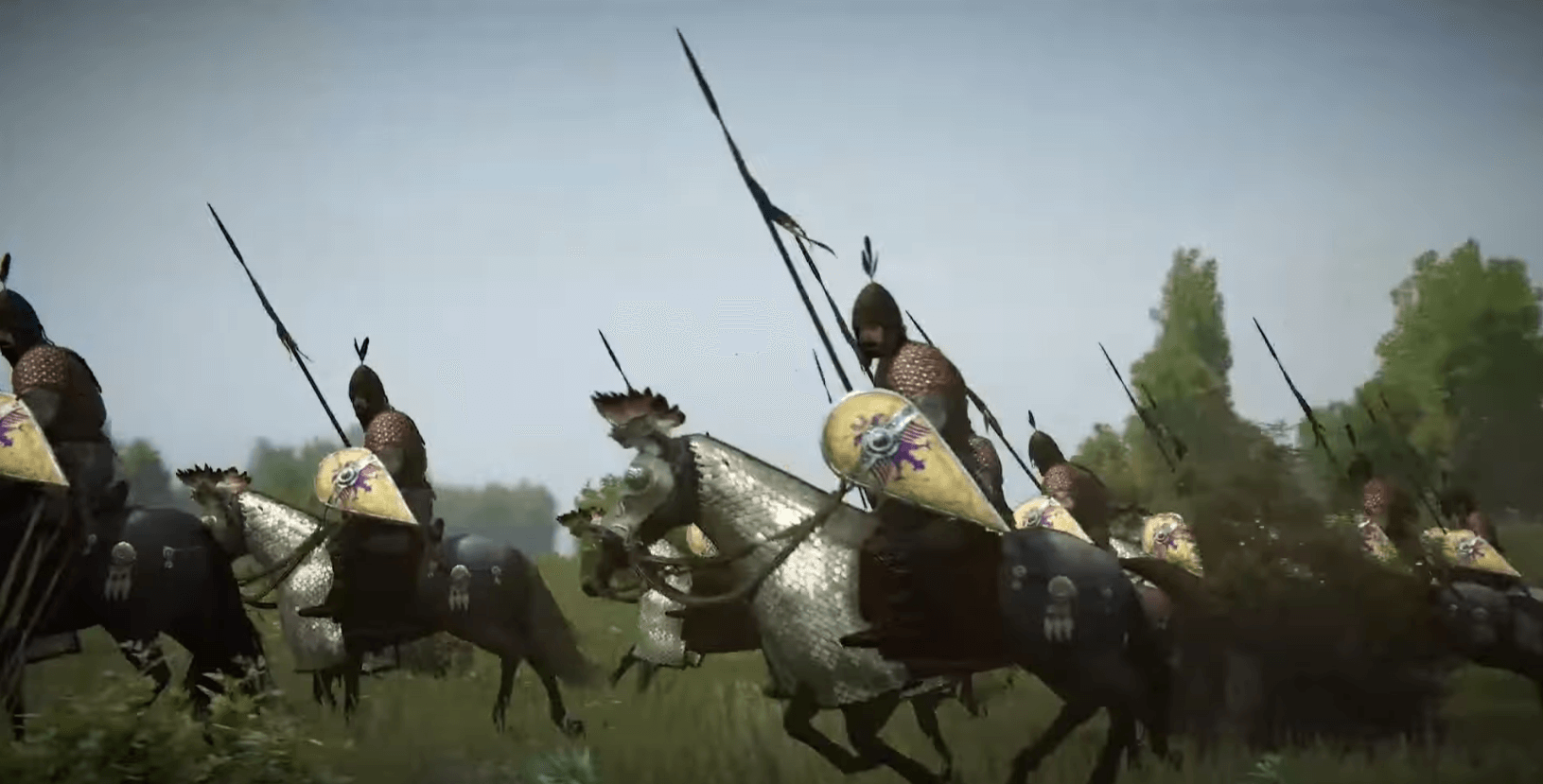
Mount & Blade II: Bannerlord has different gameplay mechanics from Divinity: Original Sin 2 but it possesses a similar appeal. Both games have a central emphasis on medieval settings, rich world-building, and dynamic gameplay. Bannerlord offers a chance to establish your own kingdom, build armies, and engage in political and economic dynamics, subtly mirroring Original Sin 2's expansive and immersive gameplay where every decision counts. The joy of exploration, collecting loot, and leveling up your character is prevalent in both games.
Moreover, the depth of the combat system in Mount & Blade II: Bannerlord could offer a familiar thrill for Divinity: Original Sin 2 players. Bannerlord's combat is tactical, in which strategically moving your army and placing units in appropriate positions can affect the outcome. Just like in Original Sin 2, victory is highly determined by intellect and strategy, not solely on luck or number of units. Character progression also plays a crucial role in both games. The more you play, the more you can enhance your character's skills tailored to your personal style and strategy.
Mount & Blade II: Bannerlord is available on platforms such as PC (Steam) and is typically priced around $49.99 USD.
3. Sekiro: Shadows Die Twice

While they occupy different genres, Sekiro: Shadows Die Twice shares several overlapping elements with Divinity: Original Sin 2 that you would appreciate. Sekiro, like Divinity: Original Sin 2, is driven by a deep and engaging storyline that unfolds progressively as you explore its vast world. Sekiro's protagonist, much like that of Divinity: Original Sin 2, is thrown into a complex plot of political and supernatural intrigues, forcing him into challenging and deadly confrontations, thereby laying the path to unravel his true identity. The narrative element coupled with the detailed environmental storytelling provides a rich experience simulating the narrative depth observed in Divinity
Furthermore, Sekiro stands tall with its strategy-based combat that can remind you of Divinity’s turn-based battles. Though not exactly similar in mechanics, they both instill a sense of careful planning and player skill being fundamental to emerging victorious. Similar to Divinity: Original Sin 2, Sekiro demands a careful understanding of enemy movements, meticulous timing, and exploiting weaknesses to gain an upper hand in battles. Just like in Divinity, to succeed in Sekiro requires learning from failure and adapting your strategy based on your enemies’ tactics and abilities. This gives an intensely rewarding play experience that encourages strategic thinking and precise execution, much like Divinity: Original Sin 2.
Sekiro: Shadows Die Twice is available on PlayStation 4, Xbox One, and Windows platforms, typically priced around $59.99 USD.
2. The Outer Worlds

Firstly, much like Divinity: Original Sin 2, The Outer Worlds places a great emphasis on choice and consequence. Your actions and decisions have significant impacts on the storyline, characters, and even the universe around you. There's an array of dialogue options available that allows you to shape your character's personality and moral compass, much like in D:OS2. The game also encourages you to explore and interact with the environment; each location is rich in detail with its own lore and secrets to uncover.
Secondly, character customization is another shared feature between these two games. Similar to D:OS2, The Outer Worlds offers a robust character creation system and an intricate, flexible perk tree allowing for a wide range of build possibilities. You can really fine-tune your character to match your desired playstyle whether it be a charming diplomat, an intelligent scientist, or a brutish gunslinger. Both games allow for party management too, where you can have a group of companions with unique backgrounds, abilities, and individual quests.
The Outer Worlds is available on PlayStation 4, Xbox One, Nintendo Switch, and PC, typically priced around $60 USD.
1. Underrail
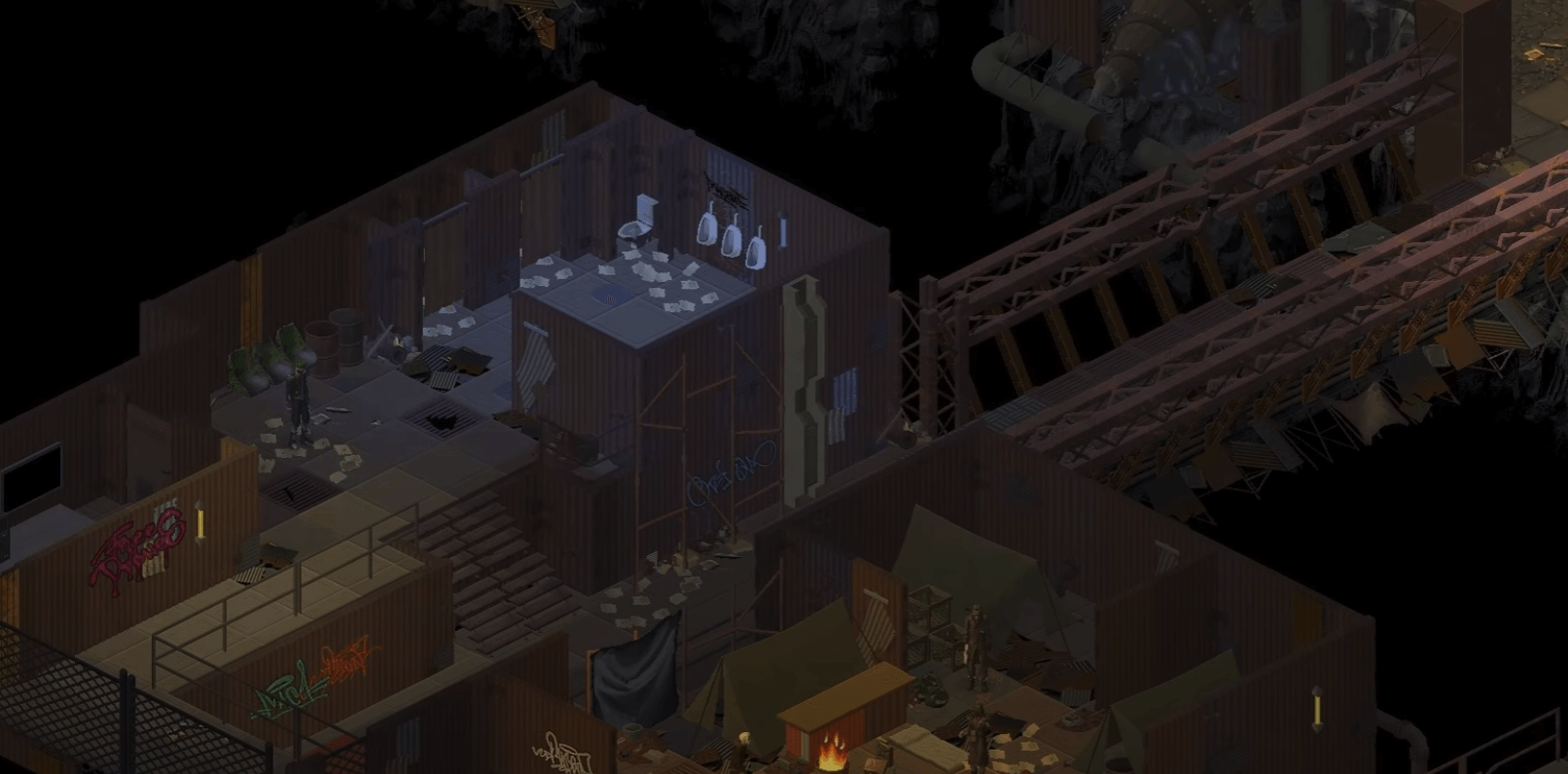
Underrail is a similar game to Divinity: Original Sin 2 in many aspects. If you enjoyed the turn-based combat in Divinity, you'll find the combat system in Underrail pleasantly familiar. Both games succeed in fulfilling the promise of creating a system where strategy and positioning matter. You'll need to carefully plan and execute your moves, making each battle a potentially immersive experience. On top of that, the vast open-world setting and rich storyline present in Underrail strongly resemble the depth and complexity you found in Divinity.
Furthermore, Underrail and Divinity: Original Sin 2 both share a deep emphasis on character build and customization. The game allows you to truly make your character uniquely yours with numerous skills, abilities, and stats you can distribute points into. This careful investment into your character’s development greatly affects the way you approach situations in the game, making for a highly personalized experience. Underrail also offers an impactful player-driven plotline where you can make decisions that will significantly alter the course of the game. This echoes Divinity's pivotal use of choice-based interactive dialogue; decisions that lead to real in-game consequences.
Underrail is available on PC (Steam, GOG, and Discord platforms), typically priced around $15 USD.
You've reached the end! Check out the home page for more informative articles on your favorite games.